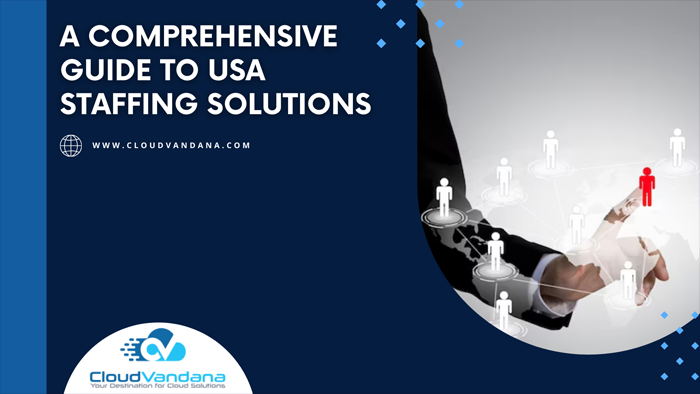
A Comprehensive Guide to USA Staffing Solutions
USA Staffing Solutions provides comprehensive staffing solutions tailored to your business needs. In the dynamic and competitive job market of

USA Staffing Solutions provides comprehensive staffing solutions tailored to your business needs. In the dynamic and competitive job market of
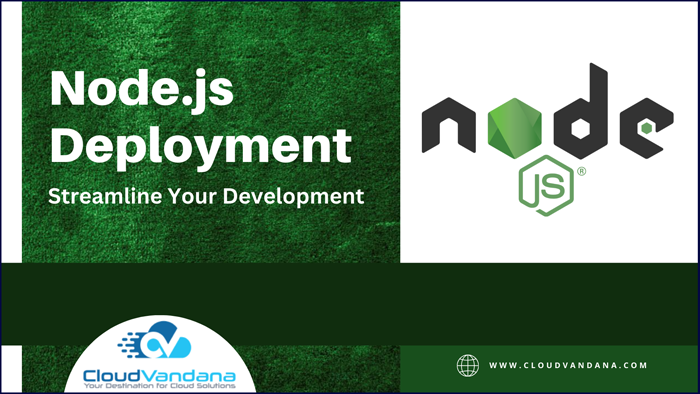
Node.js, a robust JavaScript runtime environment, has revolutionized web development with its ability to handle large-scale, real-time applications. As with

Welcome to the world of Artificial Intelligence (AI) and Machine Learning (ML) on the Google Cloud Platform (GCP)! This blog
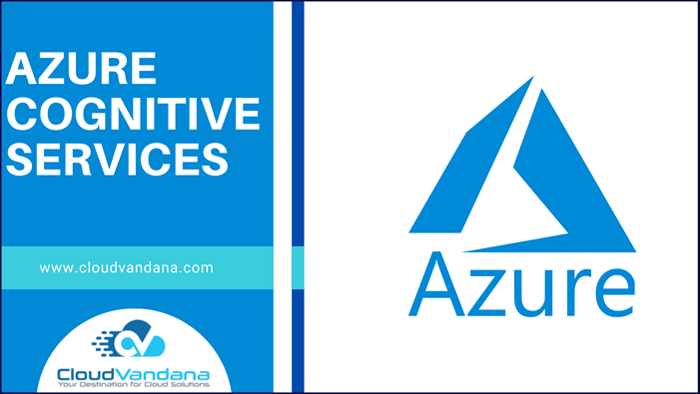
Azure Cognitive Services is a powerful collection of cloud-based AI services that enable developers to build intelligent applications without developing
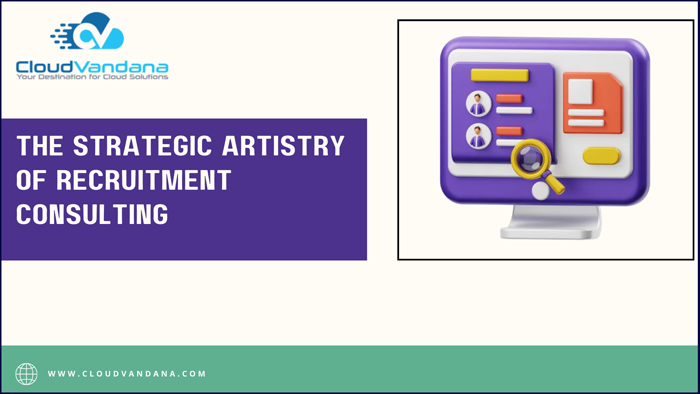
Discover tailored recruitment consulting services designed to revolutionize your talent acquisition processes. From strategic planning to candidate sourcing and beyond,
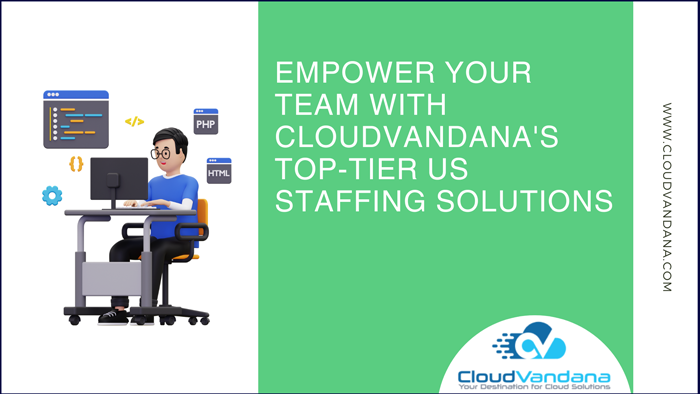
Unlock the potential of your team with CloudVandana’s premier US staffing solutions. Elevate your workforce with our top-notch US-based talent
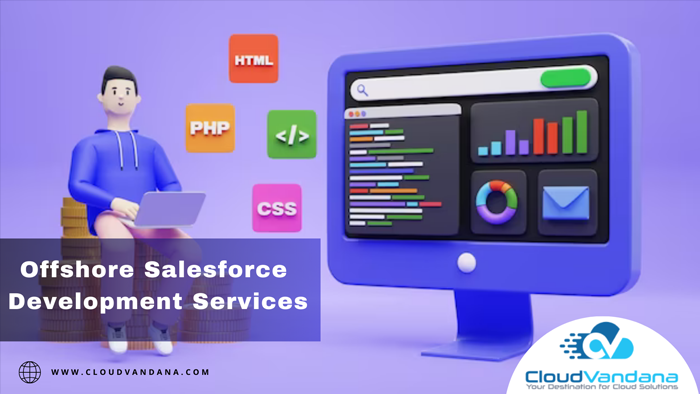
Unlock unprecedented business growth with our Offshore Salesforce development services. Gain a strategic edge by harnessing the power of Salesforce
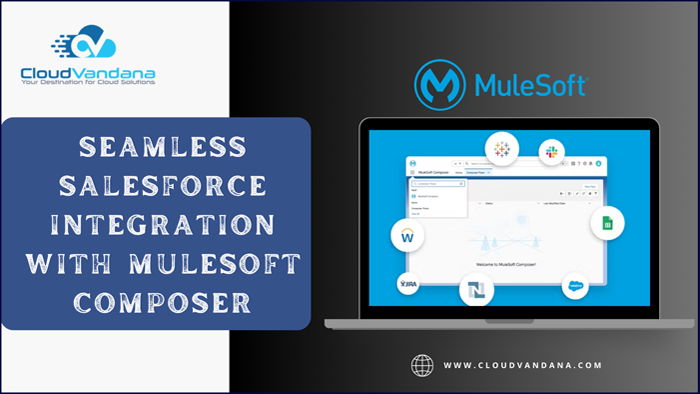
Unlock the power of seamless Salesforce integration effortlessly with MuleSoft Composer! Explore this no-code guide for a step-by-step walkthrough, empowering
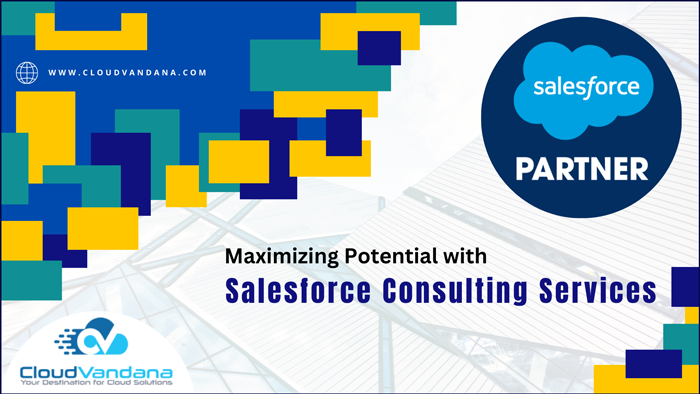
Supercharge your business growth with Salesforce Consulting Services. Harness the full power of Salesforce through strategic guidance, customized solutions, and

In the ever-evolving landscape of business technology, one name stands out for its revolutionary impact on business processes—SAP (Systems, Applications,
600 N Broad Street Suite 5 # 845 Middletown, DE 19709 United States Phone : +1(213)634-5362
India: C 30, RB Road, Adarsh Nagar, New Delhi – 110033
Phone: +91(782) 796-1763
Thanks a ton for subscribing to our newsletter!
The Guide’s on Its Way.
It’s in your inbox.
(You might need to check spam — email can be weird.)